It turns out, a key reason why many humans love animal meat so much has to do with fat. Think of crispy bacon, for example, or pork belly. The texture, the mouthfeel, and the flavor have a lot to do with fat content. “Fat tends to absorb the aromatic compounds from an animal’s food, and as the animal ages, those flavor compounds intensify,” explains meat-processing giant Teys Australia.
If you’re thinking, “But is this relative to the plant-based sector?” The answer is a big yes. If we know exactly what makes people want to eat meat, then food scientists and brands can get to work on replicating it in a more sustainable, healthier way. And that’s why, all over the world, alternative protein companies are working on fat.
Fat innovation is key for growth in the alternative protein sector
The alternative meat industry is on a path to success. In 2021, the plant-based meat market alone was valued at more than $5 billion, and by 2031, it’s expected to reach more than $33 billion. But to really break into the mainstream, the sector is going to need to crack fat innovation. “Sustainable alternative fat innovation is crucial for the success of the alternative meat industry,” notes the Good Food Institute (GFI), which announced it was funding alternative fat research in 2022.
Right now, many brands rely on coconut oil, but it’s not a perfect solution, even though it is far better than animal fats.
“Animal agriculture’s negative environmental impact has been well-documented, and as such, animal fats are inherently unsustainable,” Alex Smith, the senior product manager for Shiru, an alternative protein company focused on the development of fats, explains to VegNews.
“Solid and semi-solid plant oils often used to replace animal fats—coconut oil, palm oil, etc.—are produced in tropical regions, and are thus significant contributors to deforestation and biodiversity loss,” she continues. Coconut oil also contains high levels of saturated fat, which may increase LDL cholesterol levels.
One of the leading alternative protein brands in the fat innovation space, Shiru has used artificial intelligence to create its own environmentally friendly plant-based fat, called OleoPro. Its patented technology platform, Flourish, scanned nearly 10,000 formulations to come up with the winning selection of molecules that would create the right protein scaffold to mimic real animal fat convincingly.
“Animal adipose tissue contains a network of connective fibers that enables optimal oil holding and release, contributing to the juicy, fatty mouthfeel we enjoy in animal-based meat products,” Smith continues. “Plant oils, like coconut oil or sunflower oil, for example, lack this network and are unable to adequately replicate said mouthfeel in a food system.”
“We developed a unique plant protein scaffold that mimics the connective fiber network of animal adipose tissue,” she adds. “We then use a small amount of this plant protein scaffold to transform liquid oils into structured, solid fats that behave like animal fats.”
For more on the potential of Shiru, as well as the other companies working on cultured and plant-based fat, check out our list below.
Cultured and plant-based fat companies
1 Shiru
San Francisco-based Shiru is a little different from many other companies in the plant-based space because it is focused solely on functional ingredients, rather than the end product. “We know that performance ingredients are key to unlocking mass customer adoption of plant-based foods,” Smith explains.
In order to improve the “sensory experience” in animal-based foods, Shiru created OleoPro specifically for use in ground or minced vegan meat (so that’s burgers, meatballs, sausage patties, and so on).
“Several plant-based meat companies are currently evaluating OleoPro TM in a range of products and we expect commercial launches shortly thereafter,” Smith confirms, before adding that the vegan fat also has potential for use in plant-based dairy products and perhaps even personal care products, too.
Find out more
2 Lypid
Like Shiru, food-tech startup Lypid is also based in San Francisco and focused on alternative fat innovation. Its flagship ingredient, called PhytoFat, was created by microencapsulating plant oils (like sunflower oil and olive oil) to create an emulsion that cooks like animal fat. In Spring 2023, the startup released the first product made with PhytoFat, a whole-cut, plant-based pork belly.
“I think people in general in the industry do a pretty good job in protein,” co-founder Jen-Yu Huang said to Food Navigator. “But on the fat side, there’s still a lot of things that we can improve, so that’s why we decided to launch pork belly, leveraging our fat technology. We want to demonstrate that fat can really open up new product types.”
Find out more
3 Cubiq Foods
Barcelona-based Cubiq Foods leverages scientific knowledge and technologies including cell culture and microencapsulation, to create “high-quality alternative fat solutions.”
In Spring 2023, it was revealed that the food-tech startup has partnered with meat industry giant Cargill to improve the flavor, texture, and mouthfeel of plant-based protein. “Our groundbreaking technology is now ready for application development, production scale-up, and widespread commercialization—roles that Cargill is uniquely equipped to help us advance,” Cubiq’s CEO Andrés Montefeltro said in a statement regarding the partnership.
Find out more
4 Upstream Foods
Dutch brand Upstream Foods is on a mission to improve the quality of alternative fish products, which is why it has been working on cultivated fat specifically for use in vegan salmon products. The plant-based seafood market is growing. By 2031, it could grow to more than $1 billion, which is a significant increase from its estimated value of around $42 million in 2021.
And just like with plant-based meat, cultivated fat could change the game for the industry. “When we’re talking about taste, we’re talking about fat,” the brand’s CEO Kianti Figler said per Food Navigator. “To take plant-based seafood to the next level, we need next-level fat.”
Find out more
5 Mission Barns
Mission Barns, another San Francisco startup, is a bit different from some of the other brands on this list because it’s not making fat from plants. Instead, it’s using real animal products—but the key difference is that the ingredients come from cultivated cells, not farmed animals. “As every cook knows, fat drives flavor,” notes the company. “Our products combine cultivated pork fat with plant protein for a succulent, sustainable bite.”
Find out more
6 OmniFoods
In 2022, Hong Kong-based vegan brand OmniFoods unveiled its patented plant-based fat, which it dubbed OmniNano. It noted at the time that it intends to use the ingredient to upgrade its plant-based portfolio and launch new products like Plant-Based Beef Cut and Tips, Plant-Based Chicken Wings, and Plant-Based Pork Cutlets.
“OmniNano Vegan Fat can make a huge difference in juiciness and texture to OMNI plant-based meat products, while not having to worry about the health implications of animal fat and cholesterol,” OmniFoods CEO David Yeung told VegNews.
Find out more
7 Mycorena
Swedish food-tech brand Mycorena has been looking to fungi to effectively mimic animal fat and improve the plant-based industry. In 2021, it announced it had developed a unique fungi-based fat, which could enable a release of flavor from meat in the same way that animal fat does.
In Spring 2023, Mycorena announced that its fungi fat is now commercially available under the brand name Mycolein. “After nearly 1.5 years of development, we have successfully created a full-scale process for producing the product and are fully prepared to launch it commercially,” CEO Ramkumar Nair said back in April.
The startup has already worked with vegan brands, including Juicy Marbles, a whole-cut vegan meat company based in Slovenia.
Find out more
8 The Vegetarian Butcher
In June 2023, Dutch brand The Vegetarian Butcher, which specializes in realistic vegan and vegetarian meat products, unveiled NoBacon2, a new vegan bacon made with the brand’s own fat technology.
According to the Unilever-owned brand, the new patented technology encapsulates oil, releasing it at 20 times the rate of its previous bacon products. This gives the plant-based meat—which is currently only available in the Netherlands—a fattier, crispier, more realistic taste and mouthfeel.
Find out more
For more on alternative proteins, read:
JUMP TO ... Latest News | Recipes | Guides | Health | Shop

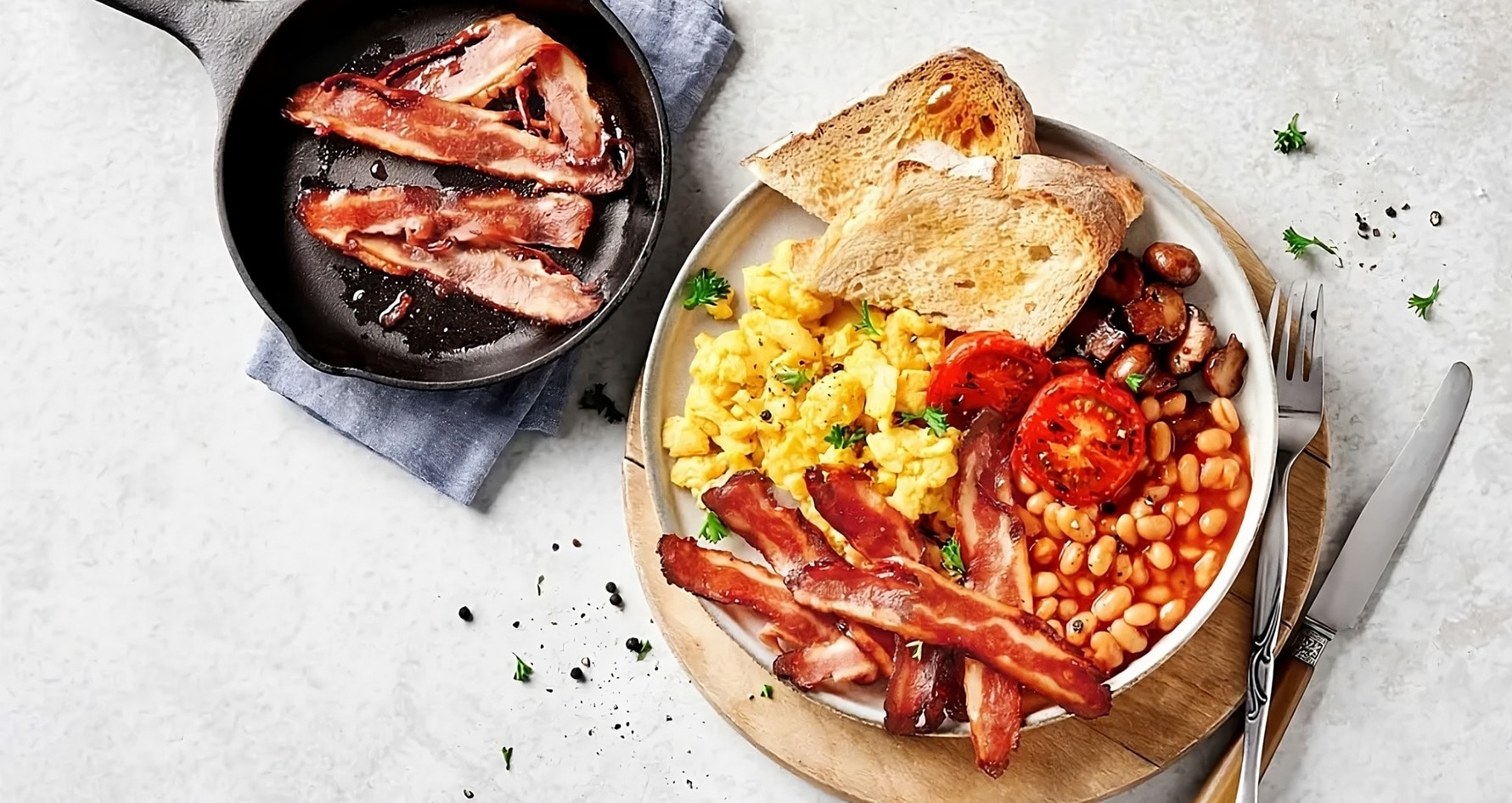
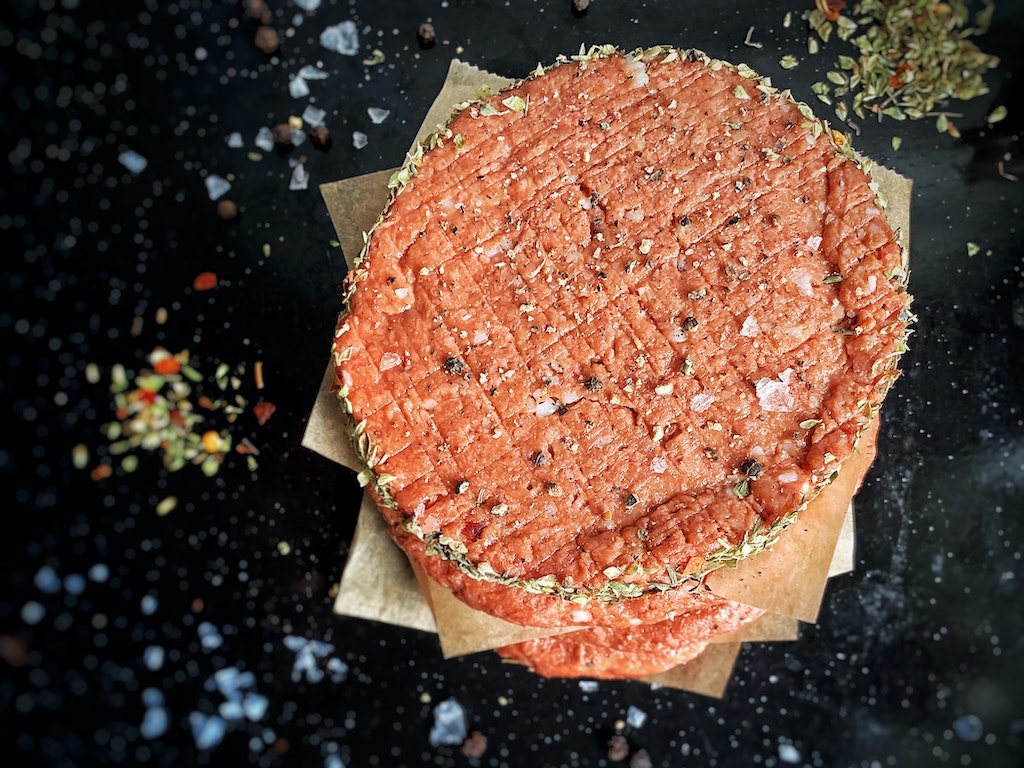
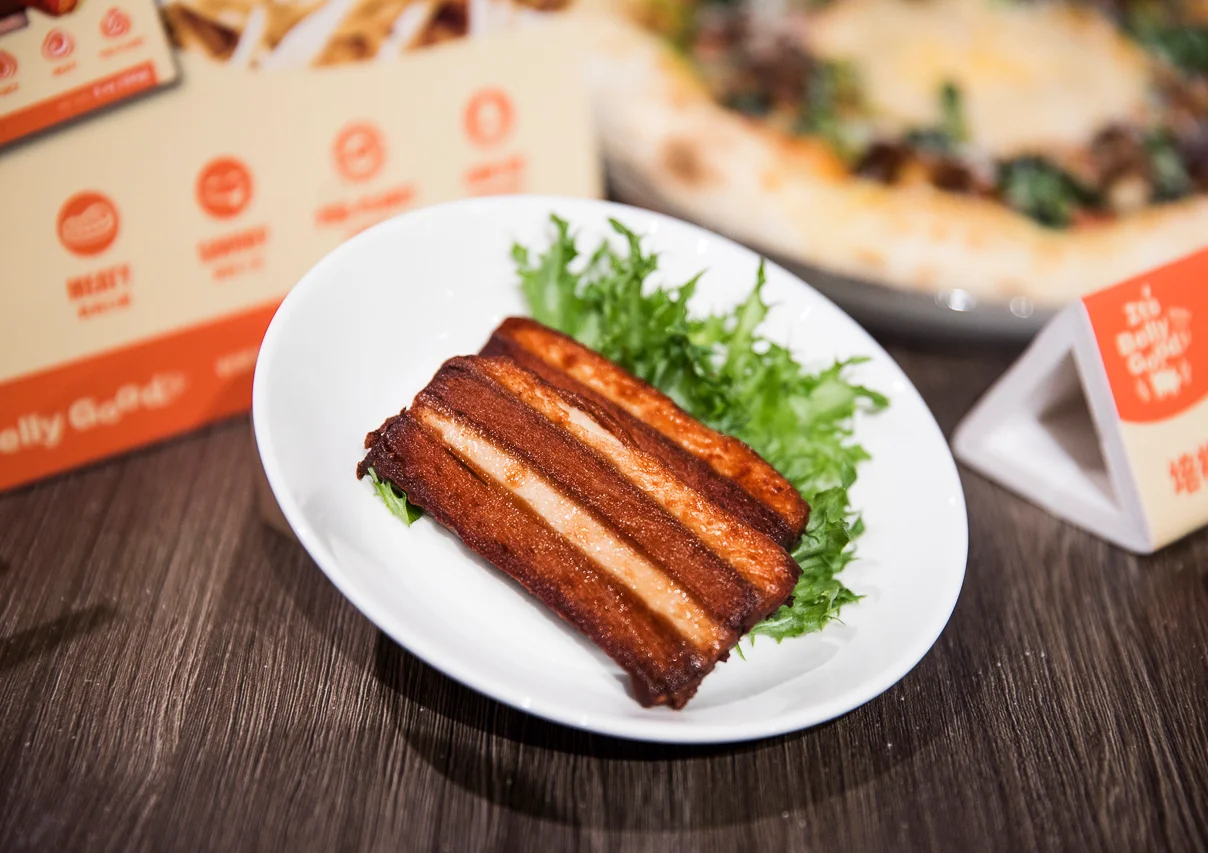
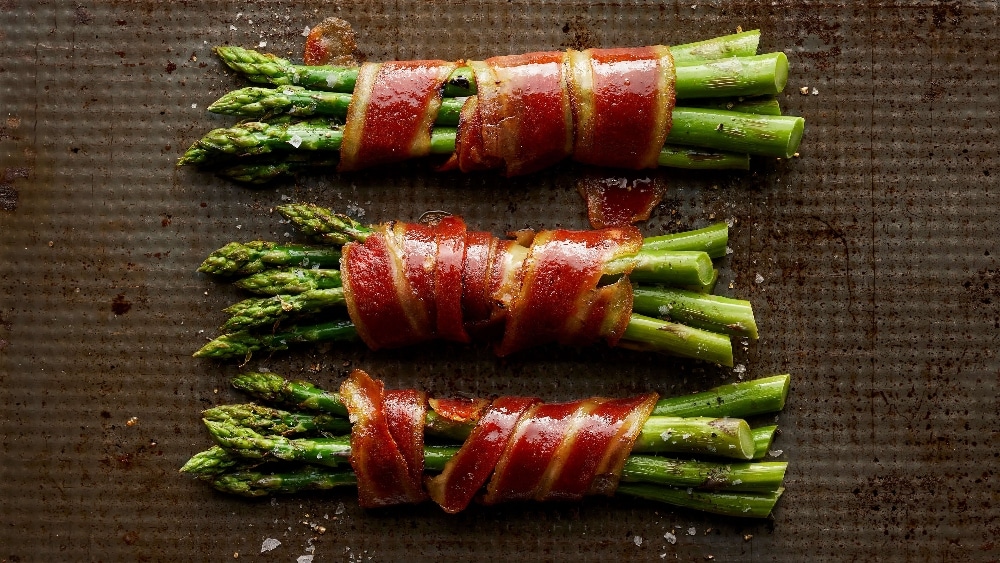
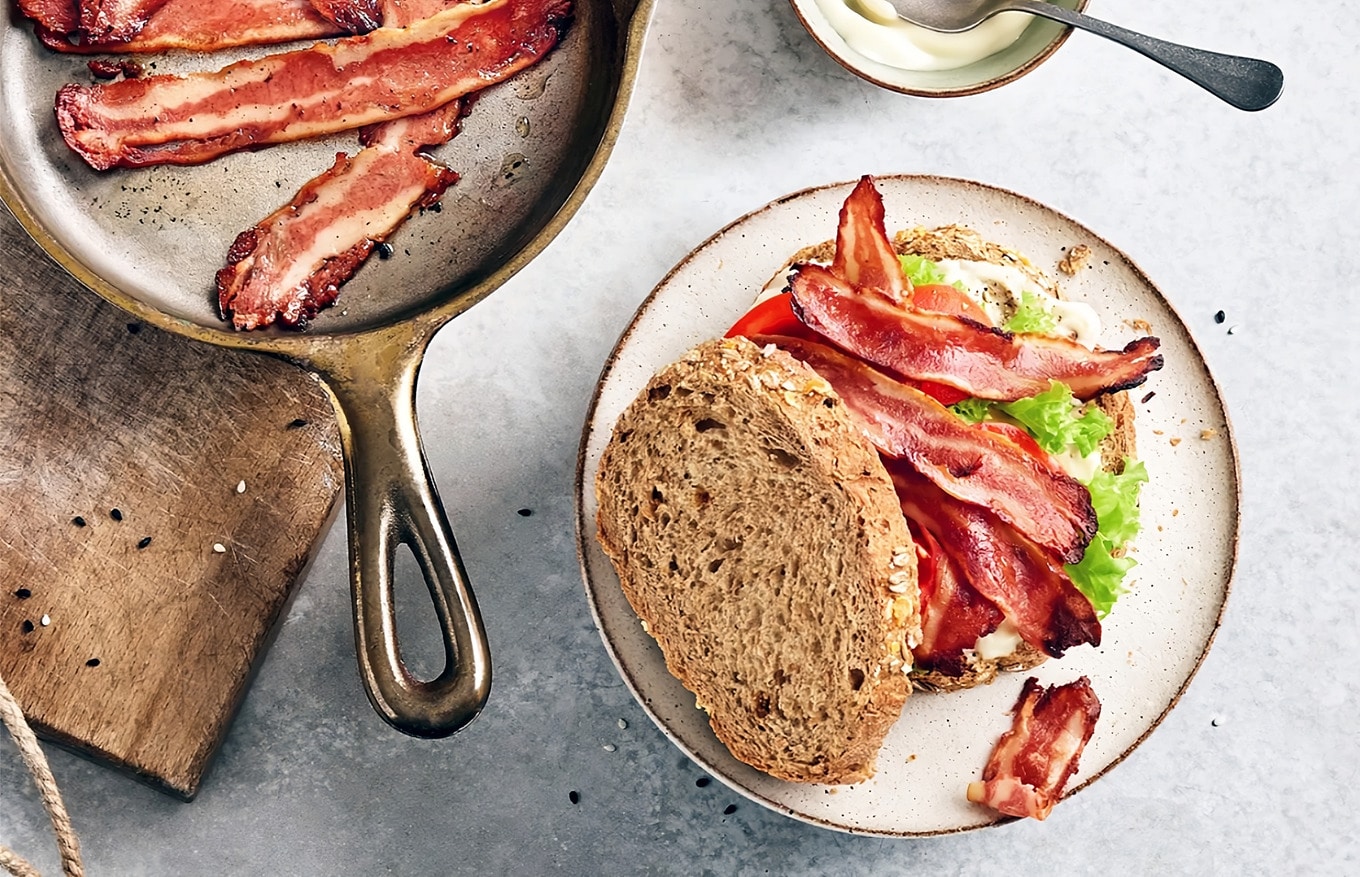

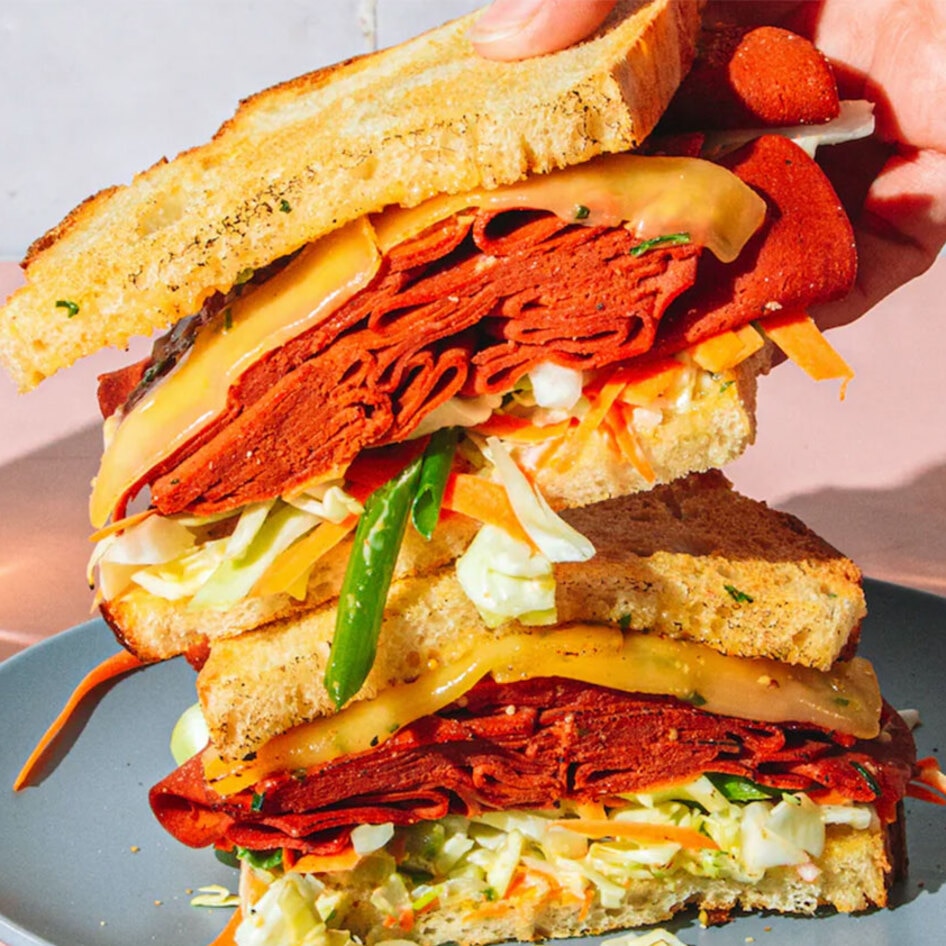

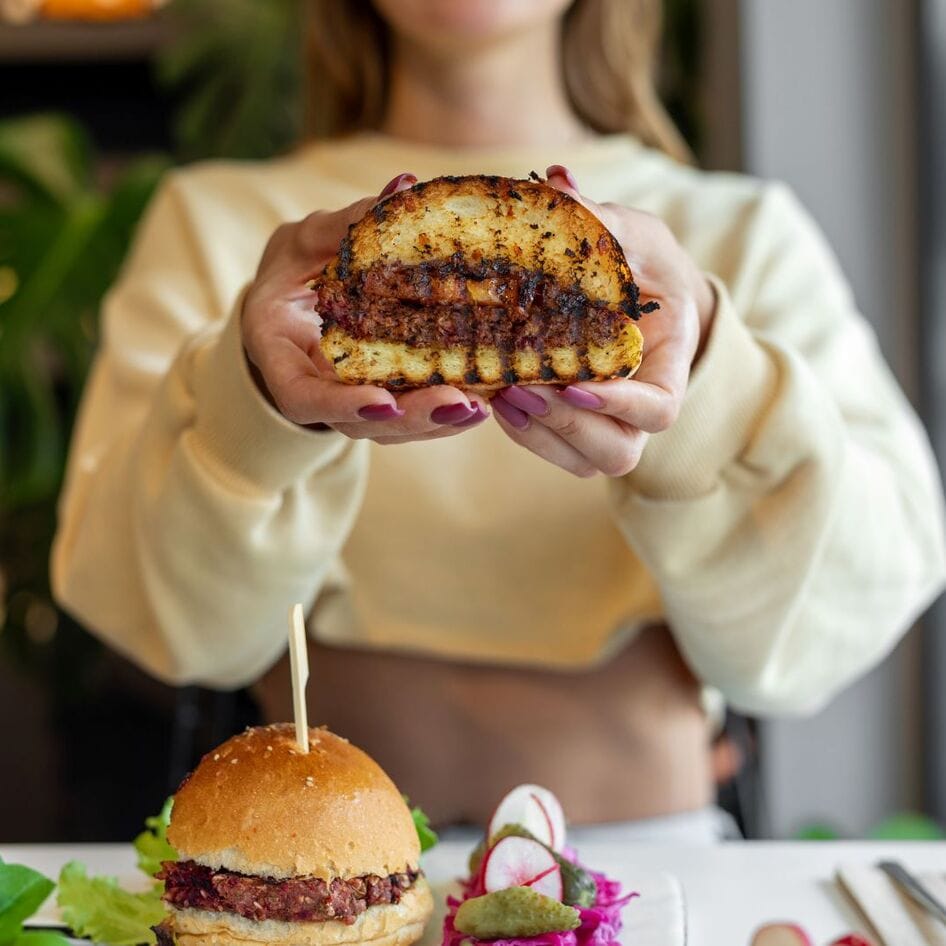
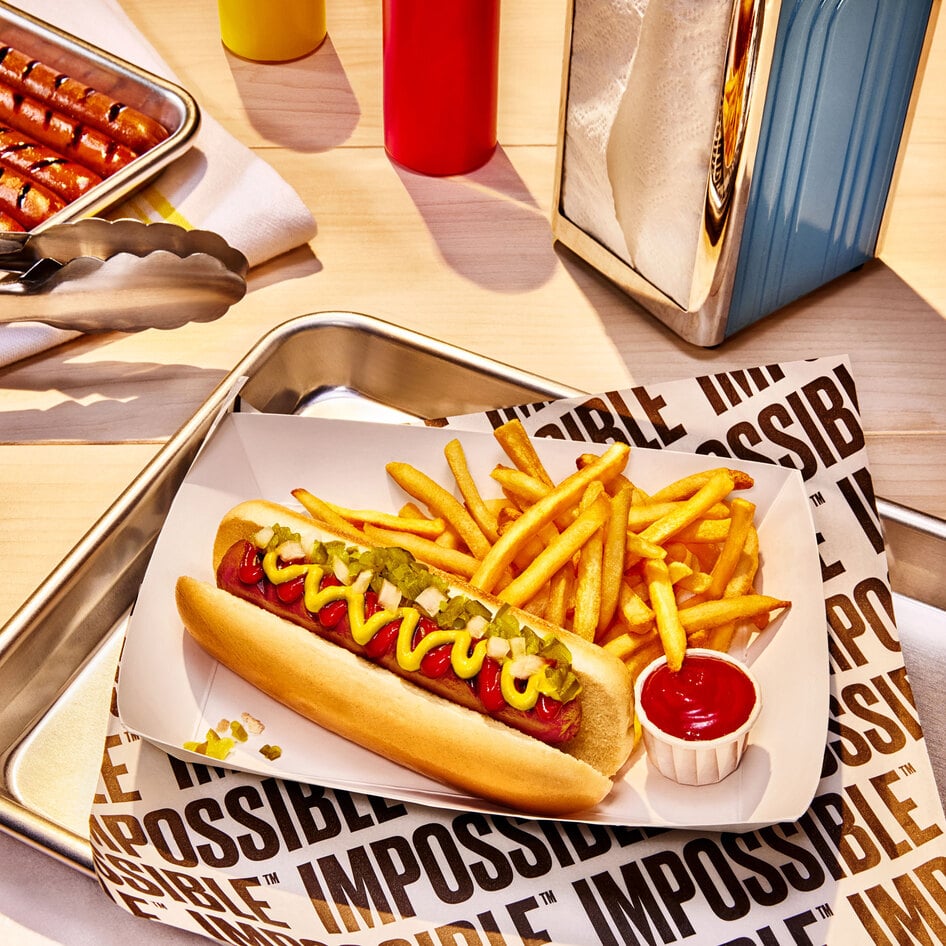
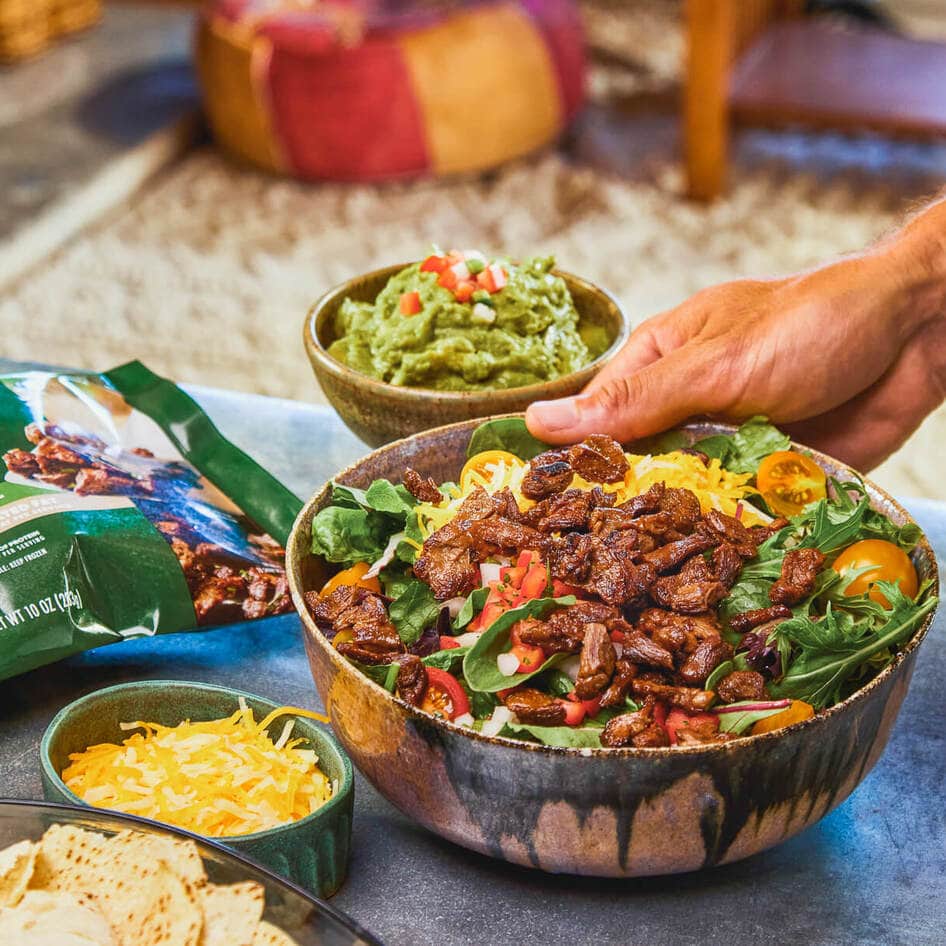
.jpg?sha=863942611af342ce)
